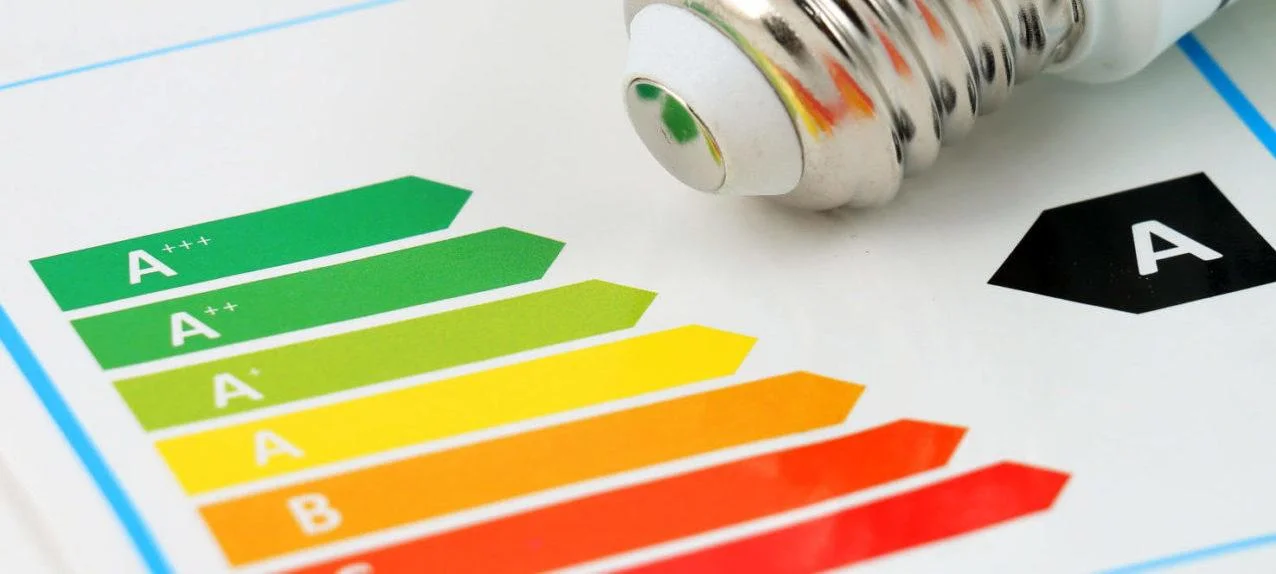Are you looking to sell your property and don’t know what you need to get started?
Besides the obvious measures that you’d have to take such as, requesting a valuation and deciding which estate agent to hire, you’ll also need to make sure you have a valid Energy Performance Certificate or an EPC before you market your house for sale.
To help homeowners comply with this legal requirement and avoid any fines, we’ve answered some of the most commonly asked questions below.
- What is an EPC?
An EPC is a document that contains information about a property’s energy usage by giving the property an efficiency rating from A (most efficient) to G (lease efficient) that is valid for 10 years. It also provides information about the potential costs of heating and powering a property and provides recommendations on how to reduce the energy use to save money.
- Why do I need to get an EPC?
Obtaining an EPC is a legal requirement that came into force in 2008 in England, Wales and Northern Ireland. Further changes were made in 2018, making it a legal requirement for all privately owned properties to have an EPC rating of at least ‘E’ before they can sell or let a house.
You could be fined up to £5,000 for domestic dwellings and up to £150,000 for non-domestic properties if you fail to obtain an EPC where necessary.
- When do I need to get an EPC?
An EPC is require anytime you build, sell or let your house, with the exception of listed buildings. The EPC must be obtained prior to marketing your property and available on all adverts for any potential buyers or tenants to review.
You may already have a valid EPC if your house has been sold or let in the past 10 years. If you want to check to see if you’ve already got one, you can search the EPC register if your home is in England and Wales.
- Where do I get an EPC if I don’t already have one?
An EPC can be requested from an accredited energy assessor who will assess your house and produce a certificate. You can also ask your estate agent to arrange one for you, although there may or may not be an extra fee for requesting an EPC through your estate agent. If you’re requesting an EPC through your agent ensure you’re happy with the cost before you proceed.
- What happens next?
Once the request is made, an energy assessor will visit your home and will need access to all rooms including the loft. They will inspect your heating systems and controls and take necessary measurements and data so they can complete the certificate.
- How long will it take?
The time it takes to assess your home will vary depending on the size and nature of the property. However, on average it may take about 45 minutes to an hour to complete.
- How much does an EPC cost?
The costs of obtaining an EPC will depend on the size, location and type of property that’s being assessed. That being said, prices can range anywhere from £60 to £120. It’s important to keep in mind these aren’t set prices and can be higher or lower. You can always compare quotes from different assessors to find the one that’s suitable for you and your budget.
Are you looking to sell your house in Liverpool and have a question about EPCs not covered by this post? Or are you looking to sell your house with Lavelle Estates and need help with obtaining an EPC prior to marketing your house?
Lavelle Estates is here to help with all your selling needs.
You can contact us by filling out your information in the ‘contact us’ section of our website or call us at 0151 372 2033 to speak with one of our agents today.



